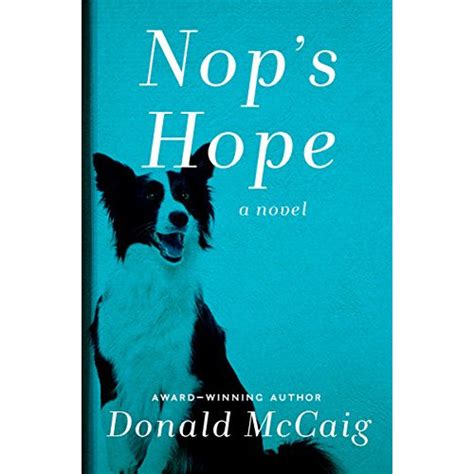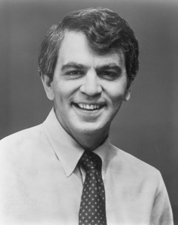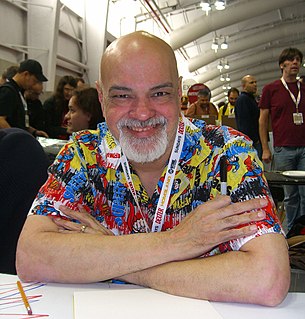A Quote by Donald McCaig
The events of the Civil War are so odd, ferocious, and poignant that fictional characters do well simply to inhabit them.
Related Quotes
One of the things that makes characters real is details. Life offers a lot of details. You just have to choose and use them wisely. When you give them to fictional people and a fictional story, their purpose and their meaning changes, so it's best to see the version in the book as fiction entirely, wherever it started out.
When you're training as an actor, a lot of the big work you're learning is to treat fictional characters like real people. You don't have the problem of discovering a backstory with real people, but there's always a mystery which is common to both fictional and factual characters. They are never quite the person you think they are.
Writers write because they cannot allow the characters that inhabit them to suffocate them. These characters want to get out, to breathe fresh air and partake of the wine of friendship; were they to remain locked in, they would forcibly break down the walls. It is they who force the writer to tell their stories.







































